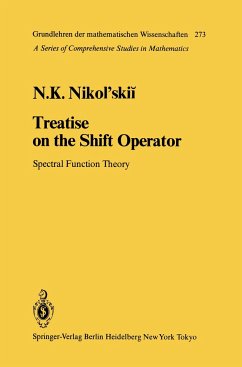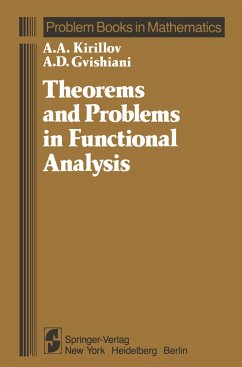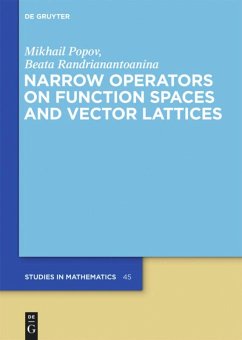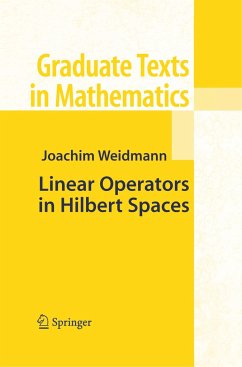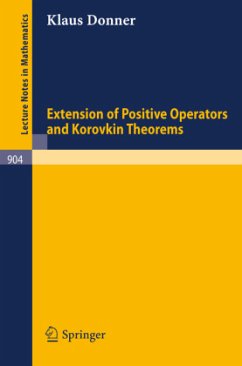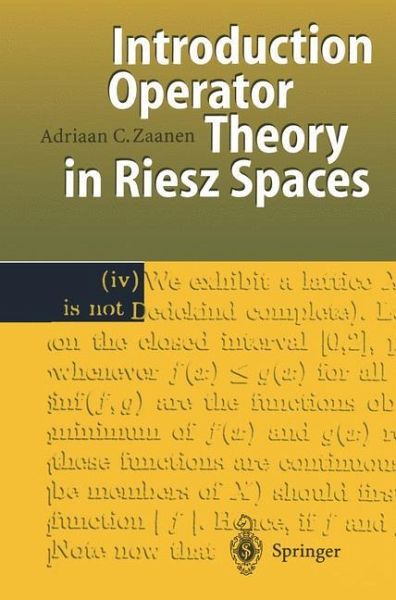
Introduction to Operator Theory in Riesz Spaces
Versandkostenfrei!
Versandfertig in 6-10 Tagen
68,99 €
inkl. MwSt.

PAYBACK Punkte
34 °P sammeln!
Since the beginning of the thirties a considerable number of books on func tional analysis has been published. Among the first ones were those by M. H. Stone on Hilbert spaces and by S. Banach on linear operators, both from 1932. The amount of material in the field of functional analysis (in cluding operator theory) has grown to such an extent that it has become impossible now to include all of it in one book. This holds even more for text books. Therefore, authors of textbooks usually restrict themselves to normed spaces (or even to Hilbert space exclusively) and linear operators in these spa...
Since the beginning of the thirties a considerable number of books on func tional analysis has been published. Among the first ones were those by M. H. Stone on Hilbert spaces and by S. Banach on linear operators, both from 1932. The amount of material in the field of functional analysis (in cluding operator theory) has grown to such an extent that it has become impossible now to include all of it in one book. This holds even more for text books. Therefore, authors of textbooks usually restrict themselves to normed spaces (or even to Hilbert space exclusively) and linear operators in these spaces. In more advanced texts Banach algebras and (or) topological vector spaces are sometimes included. It is only rarely, however, that the notion of order (partial order) is explicitly mentioned (even in more advanced exposi tions), although order structures occur in a natural manner in many examples (spaces of real continuous functions or spaces of measurable function~). This situation is somewhat surprising since there exist important and illuminating results for partially ordered vector spaces, in . particular for the case that the space is lattice ordered. Lattice ordered vector spaces are called vector lattices or Riesz spaces. The first results go back to F. Riesz (1929 and 1936), L. Kan torovitch (1935) and H. Freudenthal (1936).





